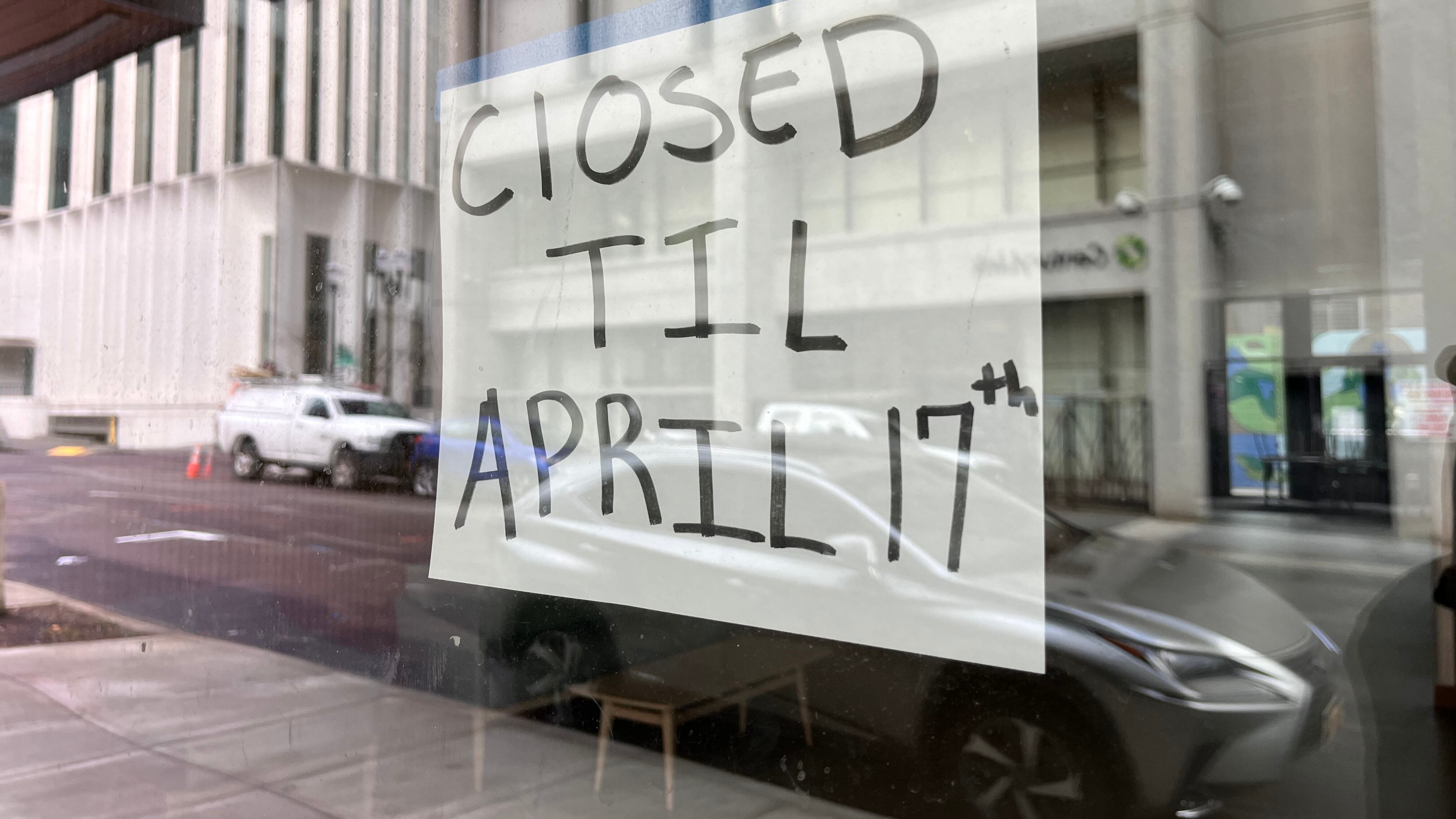Late last week, Multnomah County temporarily shut down its flagship behavioral health day center in downtown Portland. Today, county officials offered WW a more detailed explanation why: the volume of overdoses and mental health crises that occur daily at the center, which offers homeless Portlanders a place to rest, shower, wash clothes, and speak with staffers who have experienced their own similar struggles.
In short, staffers at the center found themselves unprepared for the high number of drug overdoses and behavioral health outbursts their clients experience daily.
“We have incidents every day—including overdoses, overdose correction, and behavioral health incidents—as we try to serve people in our community with the greatest needs,” says county spokeswoman Julie Sullivan-Springhetti. “But we don’t have any one incident of a client being harmed that prompted the closing.”
The county pays the nonprofit Mental Health & Addiction Association of Oregon to staff and manage the center, which serves around 1,000 clients per day. Much of the funding comes from the Metro supportive housing services measure that this year infused Multnomah County’s homelessness budget with an additional $107 million.
Sullivan-Springhetti says the county heard from MHAAO that center staff “needed more training at the same time that it became clear the building needed physical improvements, including around keys and badges, graffiti abatement, IT equipment installation, [and] technology that allows us to respond to overdoses.”
She says training for staff will include how to administer Narcan, the overdose-reversal drug; how to administer treatment to clients without increasing their anxiety; and when to call the police.
The sudden closure comes just one week after the county announced the second phase of center operations: a behavioral health residential program that seeks to transition people off the streets into permanent housing within 30 days, and a 19-bed program on the fourth floor that seeks to place people in housing within 90 days. The county said the two programs would be up and running this spring, but offered no specific date.
The center will remain closed until April 17.
“There are not enough contracted staff available to both continue to serve participants and facilitate 80 hours of training before new parts of the program open. So we agreed with the contractor that the fastest way to resolve gaps was to temporarily close,” Sullivan-Springhetti says. “It’s a short-term loss for the long-term good of the program.”
